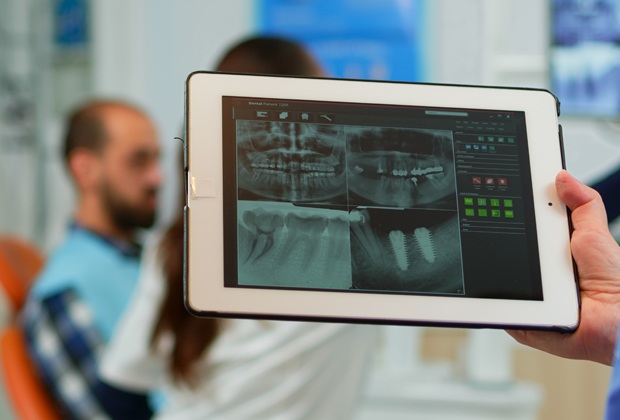Contact Us
36 Middle St, Cleveland, 4163, Australia
These radiographic images reveal crucial details about the teeth, gums, and underlying bone structure. With dental x-rays, dental professionals devise precise treatment plans, ensuring optimal oral well-being for patients.
Remember, while dental X-rays offer many benefits, it’s important to follow yourdentist’s recommendations and guidelines for their use to ensure your overall health and safety.

36 Middle St, Cleveland, 4163, Australia
© 2023 GWH Dental - Member of the